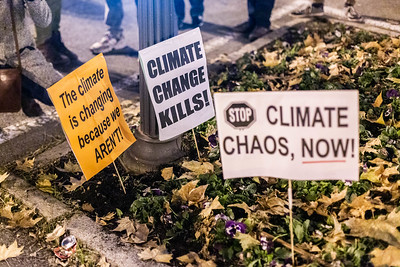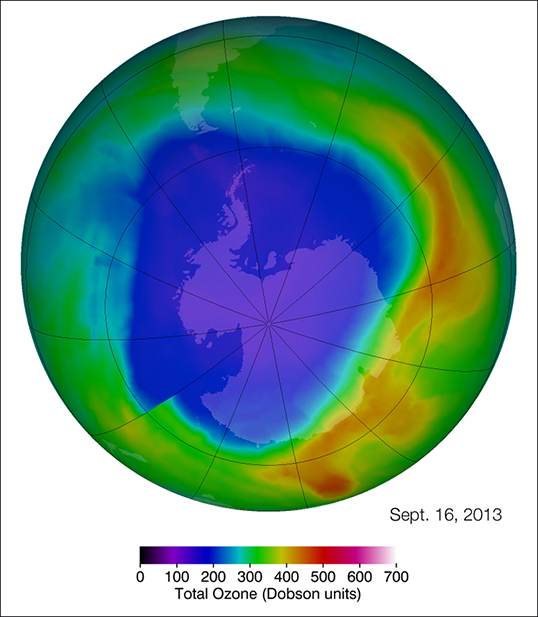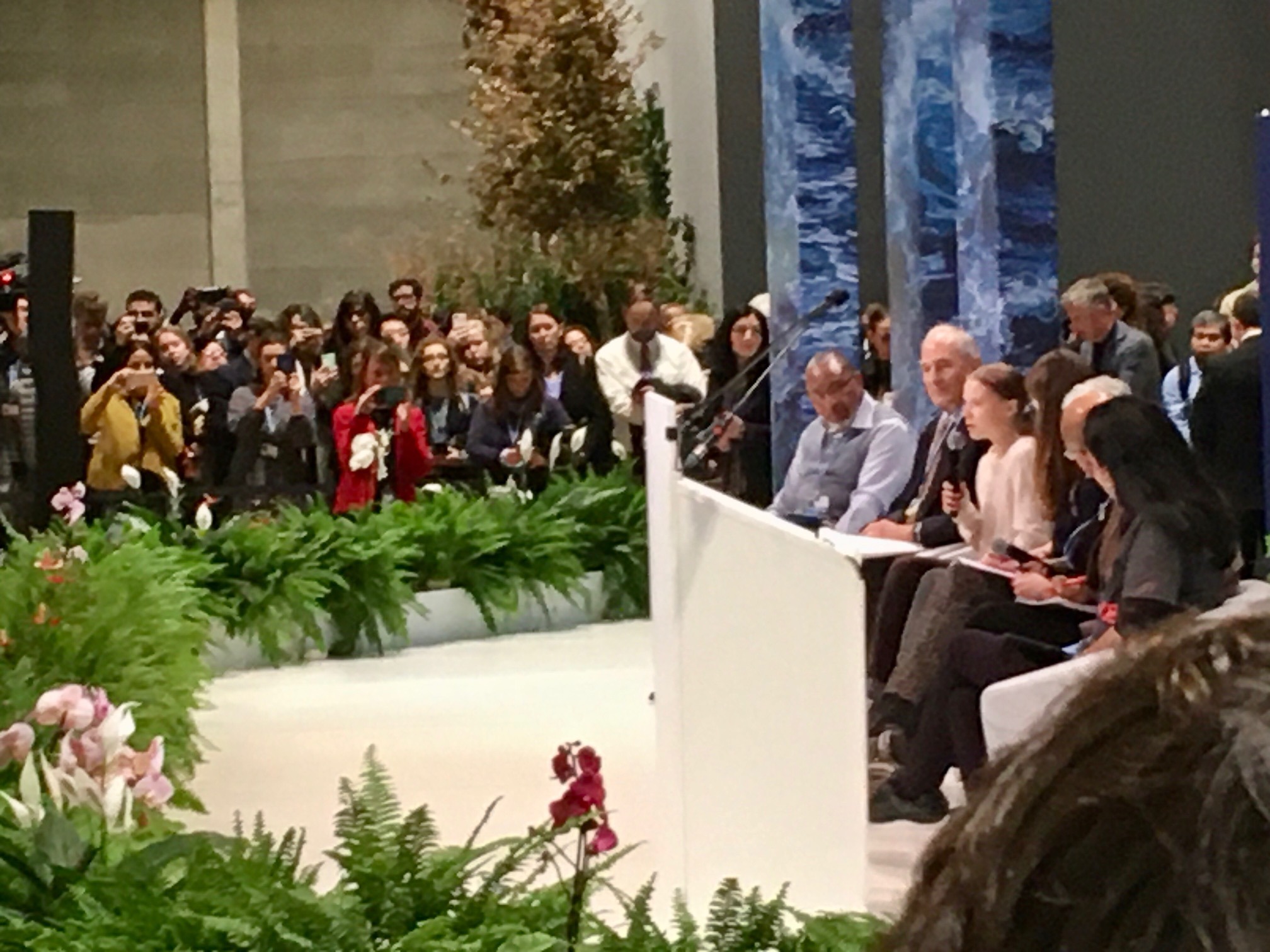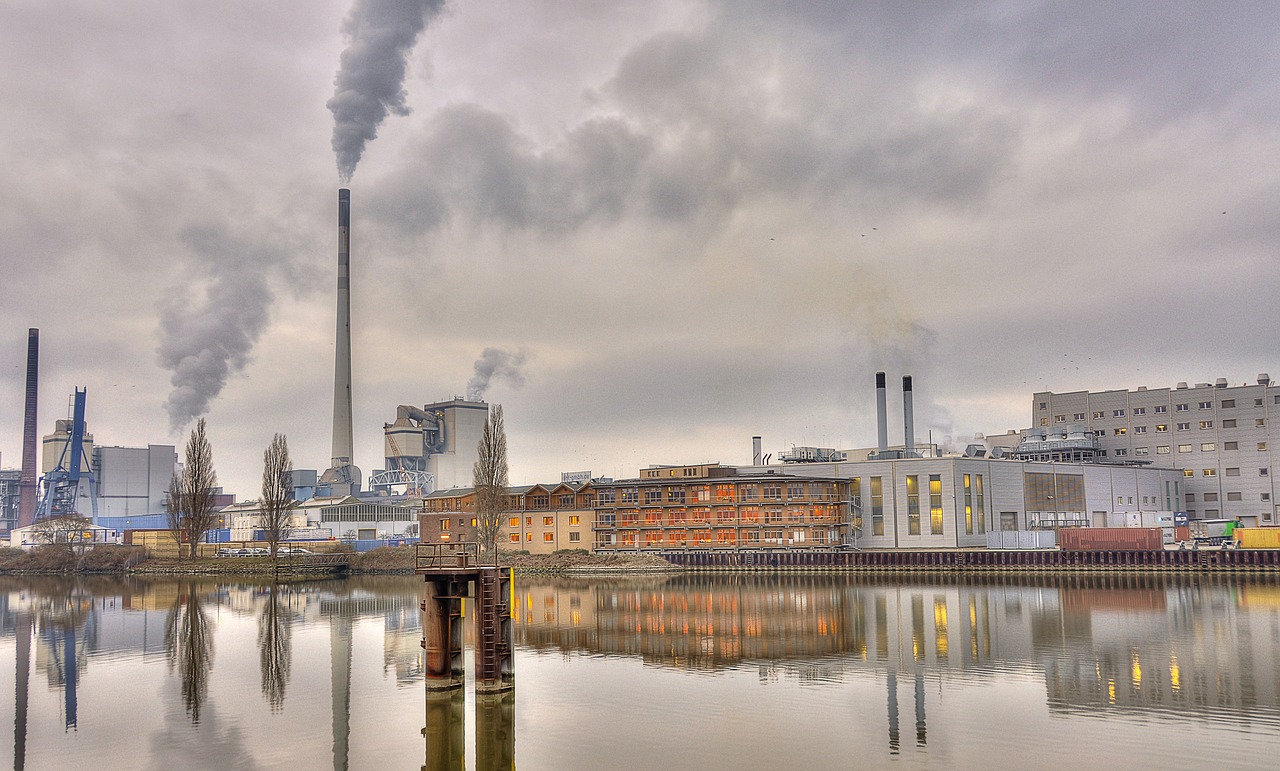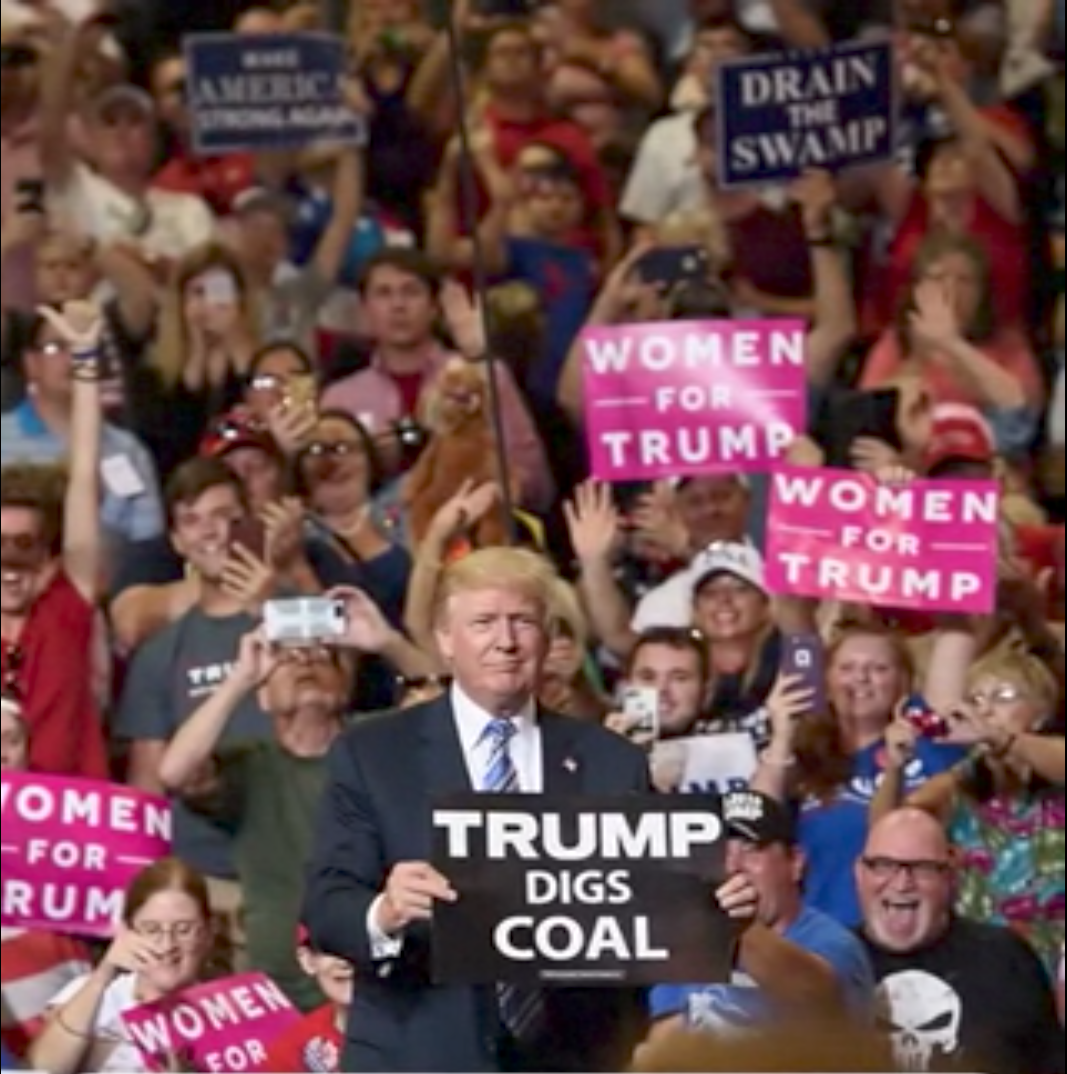International Environmental Law
Disorientation, Rage, Despair – and Hope? The Contradictions of COP25
Personal Notes on the Conference of the Parties in Madrid
As you’ve seen from several recent posts (and more to come), the UCLA Law Emmett Institute has had an observer delegation – as we do every few years – at the 25th annual Conference of the Parties (COP25) to the Framework Convention on Climate Change (FCCC). I’ve been there with faculty colleagues Cara Horowitz and …
Continue reading “Disorientation, Rage, Despair – and Hope? The Contradictions of COP25”
CONTINUE READINGBoJo versus Trump on Climate
Why is the GOP such an outlier on climate change?
Boris Johnson is like Trump in many ways, including a casual disregar for truth, but they’re not alike on climate change. Right after his victory, Johnson renewed his pledge to make the UK carbon-neutral by 2050. He called for “colossal new investments. . . to make this country the cleanest, greenest on earth, with the …
Continue reading “BoJo versus Trump on Climate”
CONTINUE READINGGuest Blogger Idalmis Vaquero: Women of Color Leading Climate Justice at COP 25
Young Advocates Call For More Inclusive and Culturally Responsive Negotiations
Four years after the Paris Agreement was adopted by member countries of the United Nations Framework on Convention on Climate Change, countries are still working out the details on how they will reduce their carbon emissions. This year the Conference of the Parties (COP) 25 is taking place in Madrid, Spain under the leadership of …
Continue reading “Guest Blogger Idalmis Vaquero: Women of Color Leading Climate Justice at COP 25”
CONTINUE READINGClimate Change, Ozone Depletion, and the New York Times
The Montreal Protocol offers lessons for climate change, but not a role model
In an extended piece yesterday, The New York Times editorial board wrote that “The World Solved the Ozone Problem. It Can Solve Climate Change. The same tools that fixed the ozone hole — science, innovation and international action — can address.” Although the editorial was mostly correct, it missed what I believe to be the …
Continue reading “Climate Change, Ozone Depletion, and the New York Times”
CONTINUE READINGYouth Energy at Madrid COP
Report from the UCLA Law delegation
Along with my UCLA Law colleagues Ted Parson, Alex Wang, and Siyi Shen, I’m in Madrid with three intrepid law students for the annual conference of the major international treaty addressing climate change, the UN Framework Convention on Climate Change. As these conferences go, this iteration was expected to be pretty sleepy. The conference remains …
Continue reading “Youth Energy at Madrid COP”
CONTINUE READINGWhy Don’t States Implement the Polluter Pays Principle?
An economic analysis suggests why not
Some time ago, I was thinking about the “polluter pays” principle of international environmental law. In this, the source — not its receiving victim — of pollution or other environmental harm should pay for any remediation done and for ending the pollution. Yet despite the principle’s normative appeal, countries (or “states” in the language of …
Continue reading “Why Don’t States Implement the Polluter Pays Principle?”
CONTINUE READINGClimate Policy at Midcentury — Africa
If we’re not careful, African emissions could rival those of China and India today.
If current projections hold and nothing is done to change the trend, Africa could emit as much carbon as the U.S. or even China today. We can’t allow that to happen.
CONTINUE READINGThe US’s Departure from the Paris Climate Agreement is Not Such a Big Deal
The impacts of Pres. Trump’s action will be symbolic, not substantive
Soon after entering office, President Donald Trump promised to withdraw the United States from the Paris climate agreement. He did so yesterday, which was the first day that he may. This is unfortunate but not as great a tragedy as it might appear, at least substantively. This is because both of the Agreement’s content and …
Continue reading “The US’s Departure from the Paris Climate Agreement is Not Such a Big Deal”
CONTINUE READINGWhat to Expect from Trump’s Second Term
Basically, a second term would be like Trump’s first term, but worse.
Here we are, one year from Election Day. As of now, there is a significant chance that Trump will be reelected in 2020, though experts disagree on the precise odds. In terms of the environment, what would his second term look like? The President. It’s conceivable that Trump might rethink his policy positions after reelection, …
Continue reading “What to Expect from Trump’s Second Term”
CONTINUE READINGSixth International Geoengineering Governance Summer School, 2019
A brief report from a recent Emmett-convened event
As the severity of climate change risks and the inability of current efforts to adequately limit risks become clear, geoengineering technologies – active large-scale environmental interventions to reduce disruptions caused by elevated greenhouse gases – are increasingly receiving attention and generating controversy. These proposals would either remove and sequester atmospheric carbon dioxide or modify the …
Continue reading “Sixth International Geoengineering Governance Summer School, 2019”
CONTINUE READING



